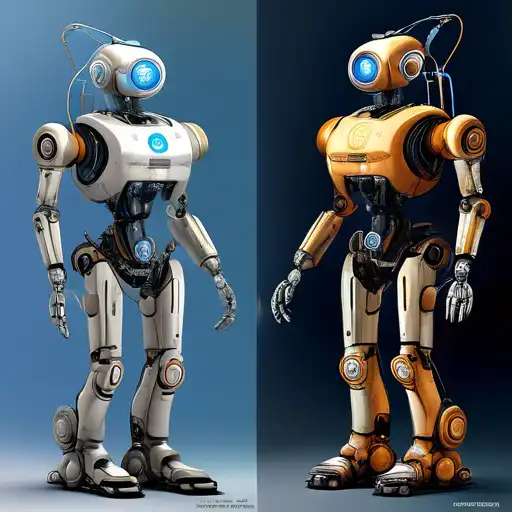The Dawn of a New Era in Technology
Robotics is no longer a concept confined to the realms of science fiction. Today, it stands at the forefront of technological advancement, promising to revolutionize industries, enhance human capabilities, and redefine the way we live and work. As we delve into the intricacies of robotics, we uncover the potential it holds to become the next frontier in technology.
Understanding Robotics and Its Impact
At its core, robotics combines engineering, computer science, and artificial intelligence (AI) to create machines capable of performing tasks autonomously or semi-autonomously. From manufacturing lines to surgical rooms, robots are increasingly becoming indispensable. Their ability to work tirelessly, with precision and efficiency, opens up new possibilities for innovation across various sectors.
The Role of AI in Robotics
Artificial intelligence serves as the brain behind robotics, enabling machines to learn from experiences, adapt to new inputs, and perform human-like tasks. The integration of AI into robotics has led to the development of smarter, more adaptable robots capable of handling complex tasks. This synergy is paving the way for advancements in areas such as automation, healthcare, and even space exploration.
Applications of Robotics in Today's World
The applications of robotics are vast and varied. Here are some key areas where robotics is making a significant impact:
- Manufacturing: Robots have transformed manufacturing processes, increasing productivity and safety.
- Healthcare: Surgical robots assist in performing precise and minimally invasive procedures.
- Agriculture: Autonomous tractors and harvesters are revolutionizing farming practices.
- Service Industry: From cleaning robots to customer service bots, robotics is enhancing service delivery.
Challenges and Ethical Considerations
Despite its potential, the rise of robotics brings forth challenges, including job displacement, security risks, and ethical dilemmas. Addressing these concerns is crucial to ensuring that the advancement of robotics benefits society as a whole. It's essential to strike a balance between innovation and the well-being of the workforce.
Looking Ahead: The Future of Robotics
The future of robotics is bright, with ongoing research and development pushing the boundaries of what's possible. As robots become more intelligent, versatile, and accessible, they will play a pivotal role in solving some of the world's most pressing challenges. The journey of robotics is just beginning, and its potential to transform our world is limitless.
In conclusion, robotics represents the next frontier in technology, offering unparalleled opportunities for innovation and progress. By embracing this technology, we can unlock new possibilities and pave the way for a future where robots and humans coexist and collaborate to achieve remarkable feats.
